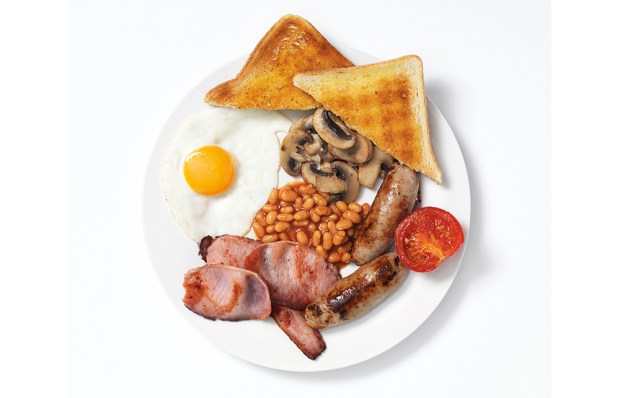Recently the NHS postponed a large number of non-urgent operations to cope with what is known as the ‘annual winter crisis’. Naturally, this outcome was treated as a scandal in the press, and there were predictable calls for Jeremy Hunt to resign. But the fact that non-urgent operations are postponed is not by definition bad. It might be evidence that the NHS is working well. Or at least that it is doing what it is supposed to do, which is to deploy necessarily finite resources on the basis of patient need, rather than some other criterion — such as profitability or ability to pay. Making people wait for less urgent operations isn’t a bug of the NHS; it’s a feature.
People can and do distinguish between a common-pool resource and a private good, and judge them differently. For instance you won’t often hear me say, ‘Sorry I’m late: some bastard in an ambulance needed to get to a car accident.’ I accept that the road network is a shared resource, and other people may need it more urgently than I do. But the discussion around the NHS, and the metrics by which it is assessed, encourage us to judge a common-pool resource by the same selfish standards we apply to private goods like Domino’s Pizza or M&S. Common-pool goods are different. A single customer can judge whether M&S or Domino’s are doing a good job; a lone patient cannot accurately assess a hospital. The customer is always right; the patient isn’t.
Patient satisfaction is a problematic measure because patients, on average, are more impressed by the feeling that you care than the knowledge that you cure. They judge their experience on almost any measure except objective health outcomes. It is worth remembering that Harold Shipman — not a terribly good GP by most objective standards — was nevertheless revered by his patients, perhaps on account of his willingness, easily explicable in retrospect, to visit them in their own homes. John Shaw, the astute local taxi driver who was the first person to suspect him, once shared his concerns with a passenger. She was so annoyed at his disrespect she switched to a different taxi firm.
It’s a bit like toothpaste. We ostensibly buy toothpaste to improve our dental health. But our behaviour reveals a different story: we most assiduously clean our teeth not at the optimum times (after meals) but at times when we are socially anxious (before a date, before we go to a meeting). Confidence through breath-freshening is the dominant unconscious motivation, which may explain why 99 per cent of toothpaste is mint–flavoured; cavity prevention is mostly a beneficial by-product.
In The Elephant in the Brain by Kevin Simler and Robin Hanson (a fabulous new book on the hidden motives in everyday life) the authors suggest that healthcare is similar. We are programmed to seek or provide healthcare for many subconscious reasons other than improving health, often to the point of physiological harm. They attribute this to evolutionary psychology: in particular the weight we unconsciously attach to costly signalling of care — ‘conspicuous caring’ is a form of ‘conspicuous consumption’. They suggest the US could cut medical spending by at least a third without any decline in quality or expectation of life.
Even so, should we spend more money on the NHS? Almost certainly yes. But where should we spend it? On improving objective health outcomes, or on what I call ‘stripy toothpaste’ solutions — a kind of placebo-care which makes people happy, but has no measurable physiological effect? It seems we can have an efficient health service or one that no one complains about. We can’t have both.
Got something to add? Join the discussion and comment below.
Get 10 issues for just $10
Subscribe to The Spectator Australia today for the next 10 magazine issues, plus full online access, for just $10.
You might disagree with half of it, but you’ll enjoy reading all of it. Try your first month for free, then just $2 a week for the remainder of your first year.















Comments
Don't miss out
Join the conversation with other Spectator Australia readers. Subscribe to leave a comment.
SUBSCRIBEAlready a subscriber? Log in